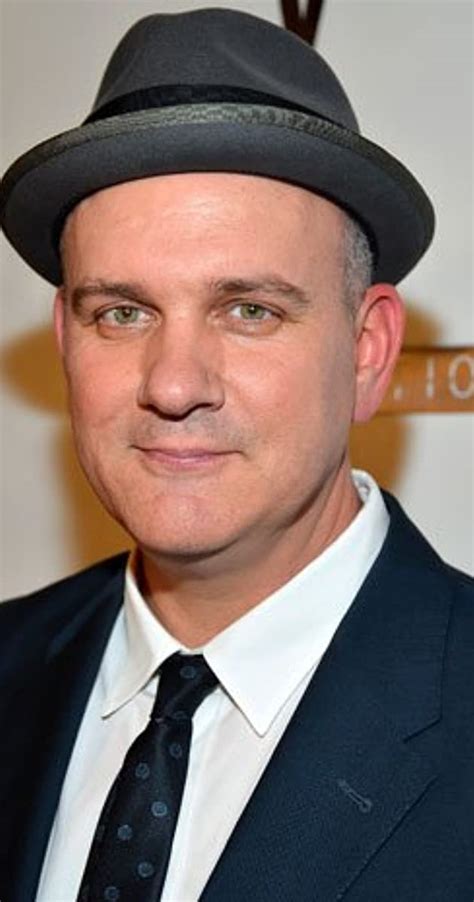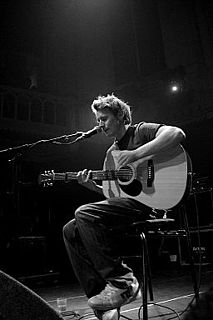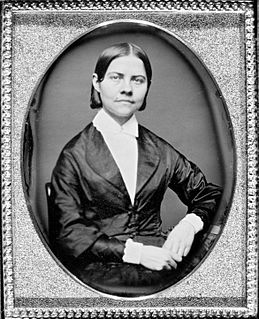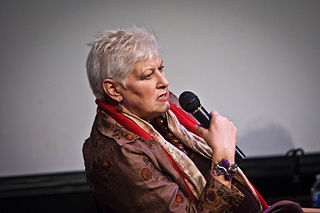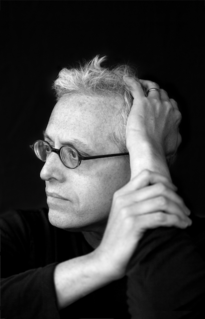A Quote by Molly Ringwald
I think people assume that women write about the domestic sphere. Women write about relationships and family. Men do, too, but then it's the Great American Novel.
Related Quotes
People just didn't write songs that were so directly emotional in those days. They still don't. Part of Hank's [Williams] thing was that he was opening up about relationships between men and women in ways that nobody else did, and I think that's something that made him stand out so much. His songs are just so straightforward about these really deep feelings that are universal, but they're so hard to write about without sounding sappy or over the top. You think of men in that era - they didn't express themselves that way.
Naturally my stories are about women - I'm a woman. I don't know what the term is for men who write mostly about men. I'm not always sure what is meant by "feminist." In the beginning I used to say, well, of course I'm a feminist. But if it means that I follow a kind of feminist theory, or know anything about it, then I'm not. I think I'm a feminist as far as thinking that the experience of women is important. That is really the basis of feminism.
I have a theory about American men -- I think they think women are boys who don't know how to throw a ball very well. American women are forced into the role of being men without penises, of being men who haven't quite been able to make it. If women don't want to be pussycats, then they get forced into the role of being almost as good as men. Which is lousy.
Turkey is a complex country. Most readers are women, of all generations, and they are passionate about books. However, the written culture is mostly patriarchal. In general, men write; women read. I would like to see this pattern changing. More women should write novels, poems, plays, and hopefully, more men will read fiction.
Some people say, 'Well you're a man; how do you write about women or girls when you don't know about them?' Well, I've got my imagination, and I can write about women. Yes, I'll never be pregnant and give birth to children, but I can imagine a bit of what it's like. When you create characters, it's just about making them really real to people.
...black women write differently from white women. This is the most marked difference of all those combinations of black and white, male and female. It's not so much that women write differently from men, but that black women write differently from white women. Black men don't write very differently from white men.

